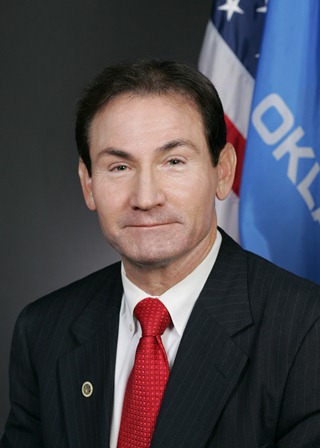Sen. Sharp files legislation to return local control of charter school decisions to districts
 Sen. Ron Sharp
Sen. Ron Sharp
In 2015, the legislature approved Senate Bill 782 amending the 1999 Oklahoma Charter School Act to allow charter schools into rural school districts instead of just those in Oklahoma City and Tulsa. Legislators were told that, under the legislation, local boards of education would be in control of whether charter schools could expand in their school districts but Sen. Ron Sharp says the bill actually took away local control and he has filed legislation to return control back to local school districts.
“We were told in 2015 that all expanding charter schools had to go through the local board of education for its final approval but that’s not what has happened. Locally-elected school boards can and have rejected charter schools within their school districts only to have the charter organizers appeal the rejection to the non-elected State School Board to overturn,” said Sharp, R-Shawnee. “To date, all of the local school board rejections have been overturned by the State School Board violating the wishes of local taxpayers who don’t want charter schools in their districts. We must give back local control on decisions concerning charter schools.”
Senate Bill 879 would not allow appeals to the State Board of Education of local school boards’ decisions rejecting charter schools. Under the bill, any charter school that is currently sponsored by the Oklahoma State School Board would have one year to find a new sponsor.
Sharp said that local boards and taxpayers do not want charter schools because they recognize that each new charter school reduces the amount of dollars that the local public school district receives. Each new charter school also reduces the per pupil spending in traditional public schools because the state’s education budget has remained flat in recent years while several charter schools have been added.
“One example occurred when Norman Public Schools lacked the funds to continue a foreign language conversion program and couldn’t find certified foreign language teachers, a group was able to start a charter school in that district after the local school board rejected its creation at the insistence of a majority of local citizens but the State School Board approved it,” explained Sharp. “This isn’t right but it has happened numerous times statewide. Local taxpayers should decide what schools and kind of education they want in their communities not the State Board of Education.”
 Oklahoma Senate
Oklahoma Senate

